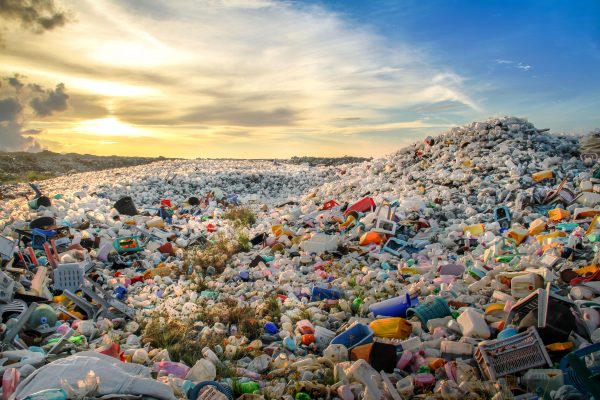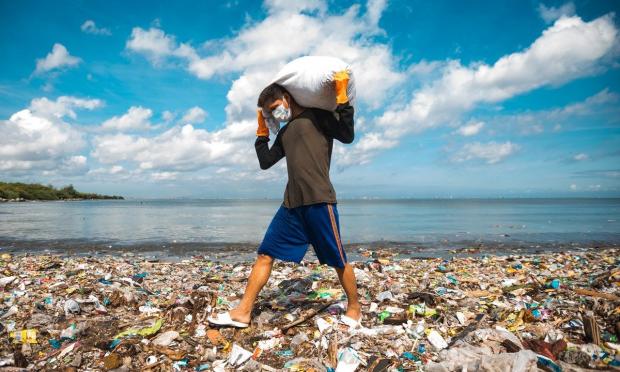Industry news
What are the plastic ban laws and regulations in various countries in the world?


Plastic ban laws and regulations vary from country to country, with some implementing complete bans on specific plastic items, while others have imposed restrictions or levies on their use. Here's an overview of the plastic ban laws and regulations in various countries around the world:
1. Kenya: Kenya implemented one of the strictest plastic bag bans in 2017, prohibiting the production, sale, and use of plastic bags. Offenders can face heavy fines or imprisonment.
2. Rwanda: In 2008, Rwanda banned non-biodegradable plastic bags, becoming one of the first countries to do so. The ban applies to the production, importation, sale, and use of such bags.
3. Bangladesh: Bangladesh banned lightweight plastic bags in 2002 following concerns about their role in causing flooding during monsoon seasons.
4. China: China has implemented various regulations and restrictions on plastic bags. Many cities charge customers for plastic bags, and some have banned the production, sale, or use of specific types of plastic bags.
5. France: France implemented a ban on single-use plastic bags in 2016. Retailers are prohibited from providing plastic bags at checkout, promoting the use of reusable alternatives.
6. Italy: In 2011, Italy banned non-biodegradable plastic bags and requires retailers to provide only compostable or biodegradable bags made from renewable sources.
7. India: Different states in India have adopted their own regulations on plastic bags. Some states have banned the production, sale, and use of thin plastic bags, while others have imposed taxes or levies on their use.
8. European Union: The European Union has implemented various measures to address plastic pollution. In 2019, the EU banned certain single-use plastic items, including plastic cutlery, plates, straws, and cotton buds. The EU has also set targets for member states to achieve a 90% collection rate for plastic bottles by 2029.
9. Canada: Several Canadian provinces and municipalities have implemented regulations on plastic bags. Some have banned or restricted their use, while others have introduced fees or levies to discourage their consumption.
10. United Kingdom: The United Kingdom introduced a ban on single-use plastic bags in large retailers in 2015. The ban has since been extended to cover all retailers.
11. United States: Plastic bag regulations in the United States vary at the state and local levels. Some cities and states, including California, Hawaii, and New York, have implemented bans or restrictions on plastic bags, while others have introduced fees or taxes on their use.
12. Australia: Several Australian states and territories have implemented bans or levies on lightweight plastic bags. These include regions such as South Australia, Tasmania, Australian Capital Territory, and Queensland.

It's important to note that the specific details and scope of plastic ban laws and regulations may vary within each country, so it's advisable to consult local legislation and authorities for accurate and up-to-date information. Additionally, plastic policies are continuously evolving as countries strive to address the challenges of plastic pollution and promote sustainable alternatives.

